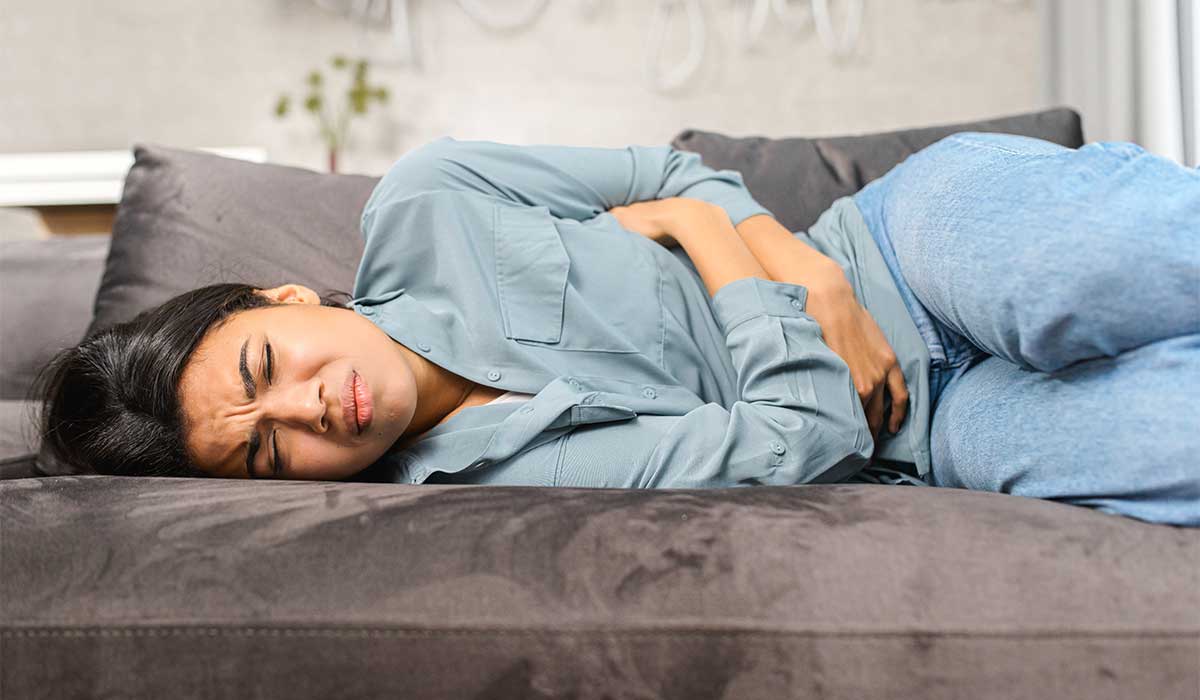Almost half of all Americans over the age of 60 develop colon diverticulosis and approximately 15% of those end up with diverticulitis, which is an uncomfortable and often painful condition. While the disease is fairly common, not many people know much about it.

Let’s review three common questions about diverticulitis.
What is diverticulitis?
Many people develop small, bulging pouches (diverticula) in the colon. In most cases, these diverticula do not cause any discomfort. In others, these pouches become inflamed or infected – and that’s diverticulitis. Doctors aren’t sure what causes infection but believe a low fiber diet may be a big factor. Without fiber to add bulk to the stool, the colon has to work harder than normal to push the stool forward and that pressure may cause pouches to form in weak spots along the colon.
What re the symptoms of diverticulitis?
The symptoms may last a few hours or come and go over a long period of time. The most common symptoms is pain in the lower belly, particularly on the left side that sometimes worsens when you move. Other symptoms include:
- Fever and chills
- Bloating and gas
- Diarrhea or constipation
- Nausea
- Loss of appetite
You are at a higher risk of developing diverticulitis if you have a diet that is low in fiber, are regularly constipated, obese or over the age of 60.
When is it time to call the doctor?
Diverticulitis can be an emergency situation if a person is bleeding from the anus or has the following signs of shock: feeling dizzy and weak or passing out. You should call 911 if these symptoms are present.
There are less threatening symptoms that may point to colon diverticulitis. You should schedule an appointment with your doctor if any of the following issues are happening to you:
- Belly pain that is in one spot – particularly if combined with fever, unusual changes in bowel movements or blood in your stool
- Sever belly pain that is getting worse or becomes worse when you move or cough
- A stool that is mostly blood
- Cramping pain that does not improve after a bowel movement or passing gas
The good news: diverticulitis is very treatable. In fact, many patients are able to treat it at home under a doctor’s orders. Some cases do require hospital treatment including surgery if diverticulitis recurs or the infections won’t respond to treatments.
If your diverticulitis requires surgical intervention, the highly-skilled surgical staff at Logansport Memorial can treat you right here, close to home. Surgical services at Logansport Memorial Hospital are provided on-site in our surgical suites. Surgical services include inpatient surgery, outpatient surgery, and minimally invasive techniques where appropriate.




